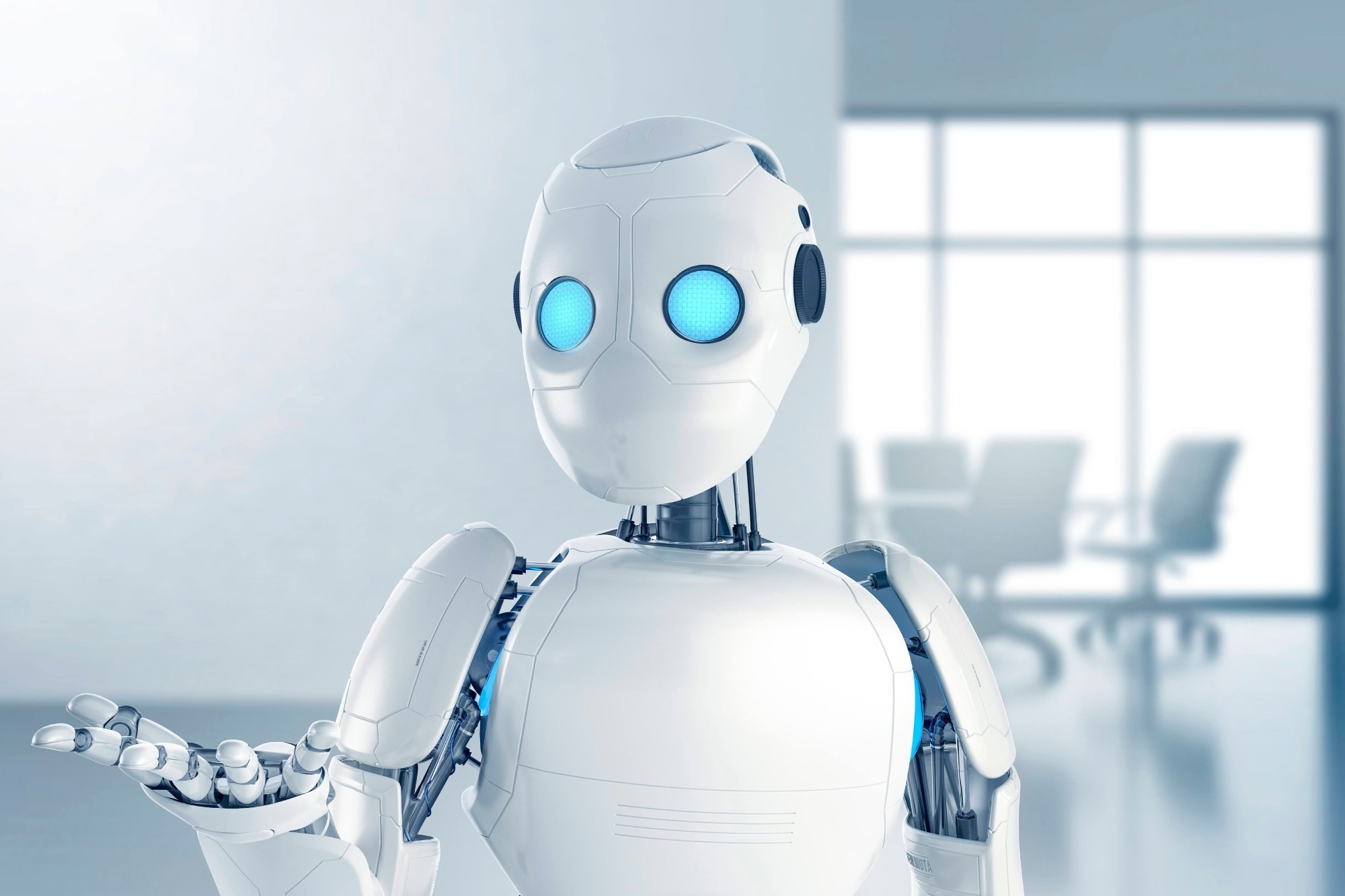In a paper published in the journal Technological Forecasting and Social Change, researchers examined how the emergence of service robots has updated delivery by changing communication from human to human and human to robot. The study explores how a robot’s proactivity influences a customer's willingness to engage in value co-creation.
 Study: Proactive Service Robots Enhance Customer Engagement in Value Co-Creation. Image credit: ayyse/Shutterstock
Study: Proactive Service Robots Enhance Customer Engagement in Value Co-Creation. Image credit: ayyse/Shutterstock
The findings consistently showed that proactive service robots led to greater customer engagement in value co-creation across various service scenarios and customer groups. This proactive behavior also enhanced customers’ perceptions of the robots’ warmth and competence. The research provides practical guidance for implementing service robots and suggests directions for future studies.
Background
The comprehensive use of service robots across distinct service sectors has brought about important transformations in service delivery by reworking communications from traditional human-to-human and to-robot engagements. The advantages of cost-effectiveness and efficiency over human employees are performed by service robots intended to interact with and serve customers. The changing role of customers as co-creators of value in the service process is featured by this conversion in service encounters from social communications to human-robot interactions.
Related Work
Past studies have displayed the approach of value co-creation by escalating the collective generation of value between customers and service providers through active interactions. Integrating robotic technology into services has enabled customers and robots to collaborate in creating valuable service experiences. However, the eagerness of customers to employ value co-creation with service robots is critical for achieving robotic services. While some robots engage with customers proactively, others remain passive until prompted. The impact of proactive robot behavior on value co-creation in terms of customer experiences and value creation has been a limited research focus.
Proposed Method
The present hypothesis considers the potential influence of service robots' proactivity on customers' viewpoints and willingness to co-create value. The hypotheses suggest that proactive behaviors exhibited by service robots have the potential to enhance customer's perception of warmth. These behaviors include initiating interactions to offer assistance without prompting and demonstrating attentiveness. This proactive engagement aligns with social expectations of warm and positive interpersonal encounters that lead customers to perceive the robots as friendly and approachable.
Moreover, proactive behavior implies a willingness to assist by fostering feelings of trust and benevolence in customers. Customers also assess warmth based on the perceived capacity of individuals to understand and respond empathetically to their needs, and the robot’s proactive sensitivity and responsiveness can create the impression of emotional intelligence and empathy, further enhancing customers' perception of warmth.
The perceived warmth is influenced by the robot’s proactive behavior. It is analyzed to play a crucial role in shaping customers’ acceptance to co-create with service robots. The warmth perception is associated with positiveness, confidence, and a sense of connectivity. It fosters a positive attitude towards the robots. Customers who perceive the robots as warm are more likely to feel comfortable, engaged, and open to collaborating with them. This perception of warmth instills confidence in customers that their co-creation efforts will be valued and reciprocated by the robots to encourage active participation in co-creation activities.
The proactive behavior of service robots enhances customers' perception of competence. By actively providing information and efficiently addressing needs, customers see them as capable of delivering high-quality service. This perception upholds trust, develops collaboration, and hikes customer's willingness to employ in co-creation activities.
Experimental Analysis
The one-way method between-subjects experimental design engaged in Study 1 anticipated considering the consequence of service robot proactivity on customers' eagerness to co-create value. The participants were randomly assigned to either the high-proactivity group or the low proactivity group within a restaurant scenario. The study concluded an important main effect that participants in the high proactivity group displayed a greater willingness to co-create related to those in the low proactivity group.
Moreover, perceived warmth and competence were identified as significant mediators in this relationship, which indicated that customers anticipated proactive service robots as warmer and more efficient, increasing their willingness to be employed in co-creation activities. These findings suggest that proactive behavior in service robots positively impacts customer perceptions and encourages active participation in value co-creation.
Study 2 employed a more complicated two-way between-subjects empirical design to examine the joint effects of the service robot's proactivity and the customer's sense of power on the compliance to co-create in a hotel scenario. The participants were split into four groups based on their anticipated level of sense of power and the proactivity of the service robot. The results reinterpreted the main effect observed in Study 1 by establishing that proactive service robots were associated with higher levels of willingness to co-create compared to passive robots.
Furthermore, the mediation analysis disclosed that perceived warmth and competence played an important role in this connection. It highlighted that proactive robots were recognized as more convenient and efficient and contributed to cultivating a more favorable environment for customer co-creation. Overall, Study 2 assisted the importance of service robot proactivity and the role of perceived warmth and competence in driving customers' willingness to co-create value, even when considering variations in customer power dynamics.
Conclusion
In summary, the research explores how proactive service robot behavior impacts customer-robot interactions and value co-creation. It reveals that deploying proactive service robots enhances customer engagement and willingness to co-create value. Nonetheless, certain limitations should be noted, including the dependence on scenario simulations and the potential for further investigation into the joint impact of robot appearance and behavior. Future research avenues may encompass field experiments to validate findings by exploring the synergy between appearance and behavior and examining various proactive behaviors. Additionally, inspecting the expansive consequences of value co-creation within human-robot interactions is an area ripe for exploration. Overall, the findings highlight the effect of proactive robot behavior in enhancing customer experiences and facilitating value co-creation.